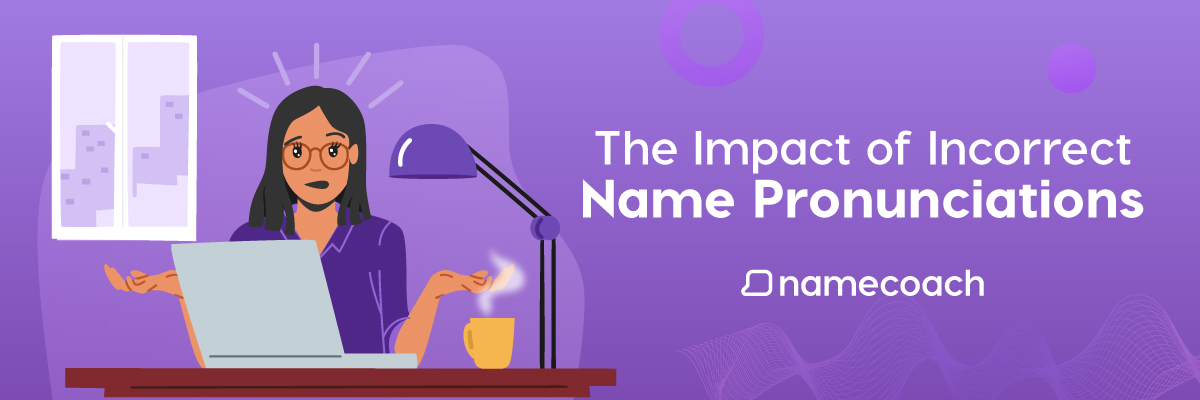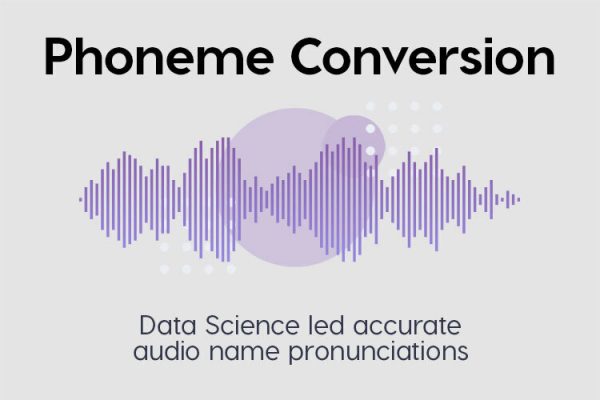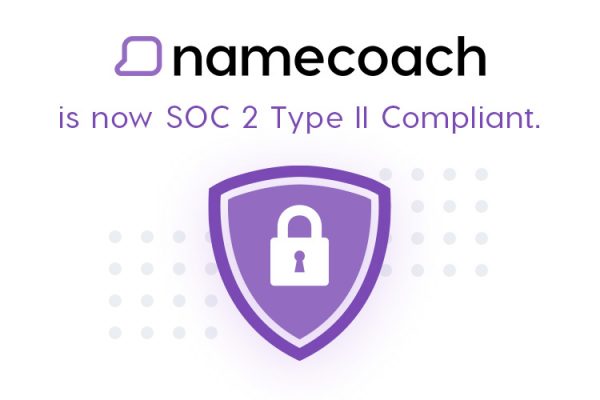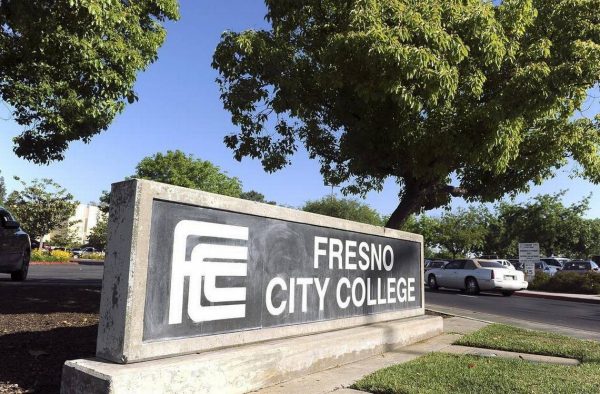
Each of us carries a unique identity, and that identity begins with our names. Ensuring that we pronounce names correctly is more than a sign of respect; it’s a fundamental acknowledgement of an individual’s identity. Mispronunciations can ripple through our emotional well-being, social connections, and even professional opportunities.
| Key Takeaways |
|---|
|
Social disconnection
Incorrect name pronunciations can lead to feelings of isolation and social disconnection. Because our names are part of who we are, when not recognized for the correct pronunciation, individuals can feel unseen, unappreciated, and ignored. Research published in “Brain Activation When Hearing One’s Own and Others’ Names” shows that our brains light up when we hear our name, while mispronunciation can lead to feelings of isolation and alienation.
Professional implications
Mispronouncing someone’s name in a professional setting can have significant career implications. Research from the University of Toronto found that names which sounded “foreign” were much less likely to be selected for an interview. This was even if they had the same qualifications, education, and skills as candidates with White sounding names. Other subsequent studies have found that individuals with Chinese names must submit 68% more applications to get an interview, while those with Middle-Eastern names have to submit 64% more.
Emotional consequences
Mispronunciations can also lead to emotional distress. According to research from Race Equity Matters, 73% of people have had their name mispronounced, with 43% feeling disrespected, 30% finding it upsetting, and 21% feeling like they don’t belong.
Cultural sensitivity
In a multicultural society, demonstrating respect for diverse names is crucial. Names often carry historical or cultural significance. For example, in India, Naam Karan is a naming ceremony that holds deep cultural importance.
Increased engagement
Correctly pronouncing names can foster engagement and collaboration. As Rita Kholi, assistant professor at UC Riverside, points out, “encountering teachers who are not taking the time to learn their student’s name or don’t validate who they are, it starts to create a wall.” This can hinder academic progress and lead to disengagement.
Retention and loyalty
Mispronunciations can also affect customer relationships. According to a study by the University of Wisconsin-Milwaukee, using a customer’s correct name during the sales process increases the likelihood of future purchases.
Cognitive load
Constantly correcting mispronunciations can be mentally exhausting. Some individuals may stop correcting others altogether, accepting mispronunciations as the norm.
Personal identity
A name is a cornerstone of personal identity. Ying Shan Zhang’s survey of 173 University of Alberta international students found that 75% of students had their names mispronounced at least some of the time. Half of them felt it was important for others to say their names correctly.
Educational equity
Pronouncing students’ names correctly is essential for educational equity. According to “Supporting an Inclusive Environment Through Correct Name Pronunciation,” the most basic and significant initial step that educators can take is to learn how to pronounce students’ names correctly. This immediately conveys respect and fosters a more inclusive learning environment that is welcoming and equitable to all students.
Names matter. They are not just labels; they’re deeply intertwined with our identities, cultures, and sense of belonging. Ensuring that we pronounce names correctly is a simple yet powerful act of respect that can have profound effects on an individual’s emotional well-being, social connections, and professional opportunities. It’s time we recognize the importance of names and commit to pronouncing them correctly in all aspects of our lives.
One effective tool for learning to pronounce names correctly is Namecoach. Namecoach is an innovative platform designed to help individuals learn and practice the correct pronunciation of names. By providing accurate audio recordings, Namecoach empowers individuals to respect and pronounce names accurately. With tools like Namecoach, we can foster a more inclusive and respectful society where everyone’s name is pronounced with dignity and care.




